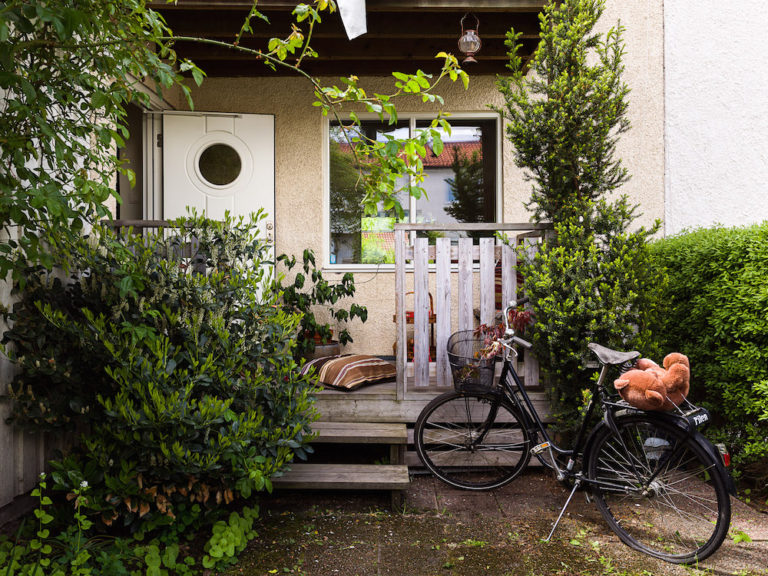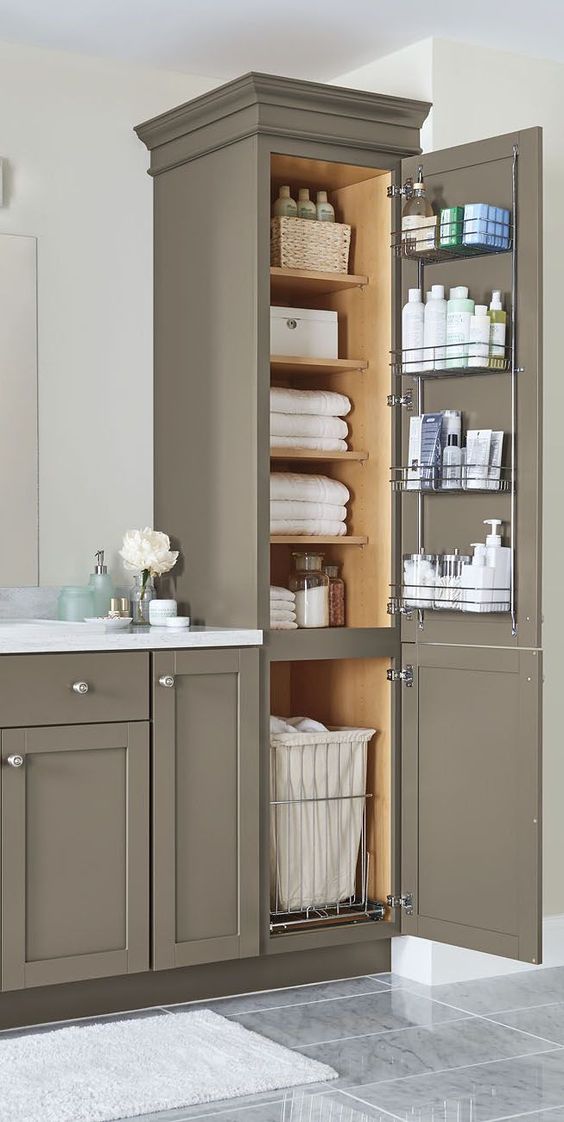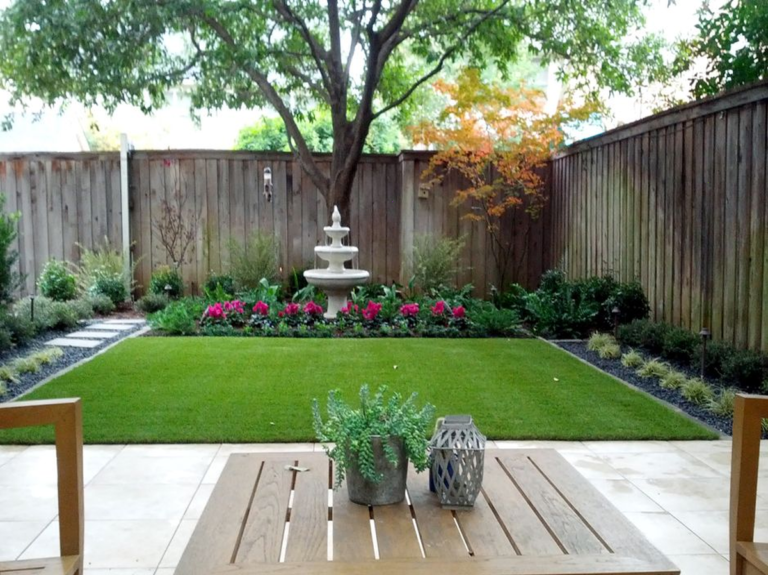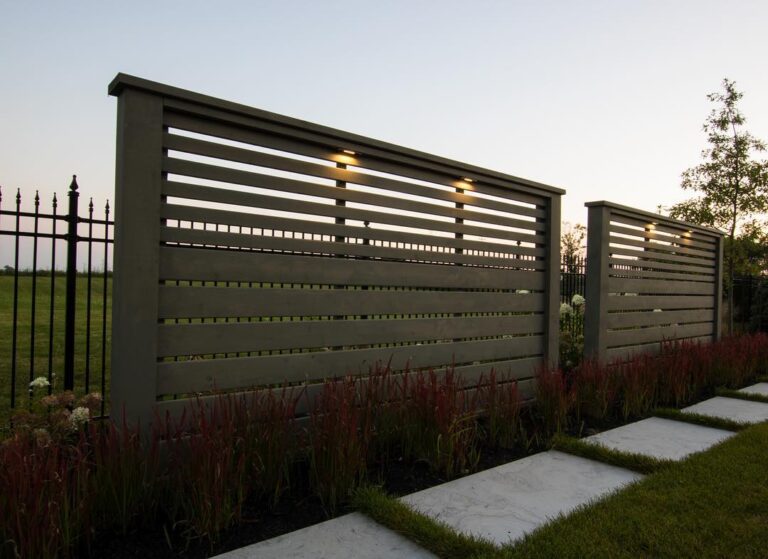Saving Water Also Saves Electricity
Water is a precious commodity, but did you realize that saving water also saves electricity? This means that shrinking your water footprint will reduce your electricity use. Additionally, when we reduce our use of these two vital resources, we also save money.
Even if we don’t realize it, the reality is that water is intrinsically linked to energy. Mostly, it’s the energy that we use to heat the water we use. But energy companies also use energy when they heat, treat and move water to our homes – and it takes a lot of energy to do this.
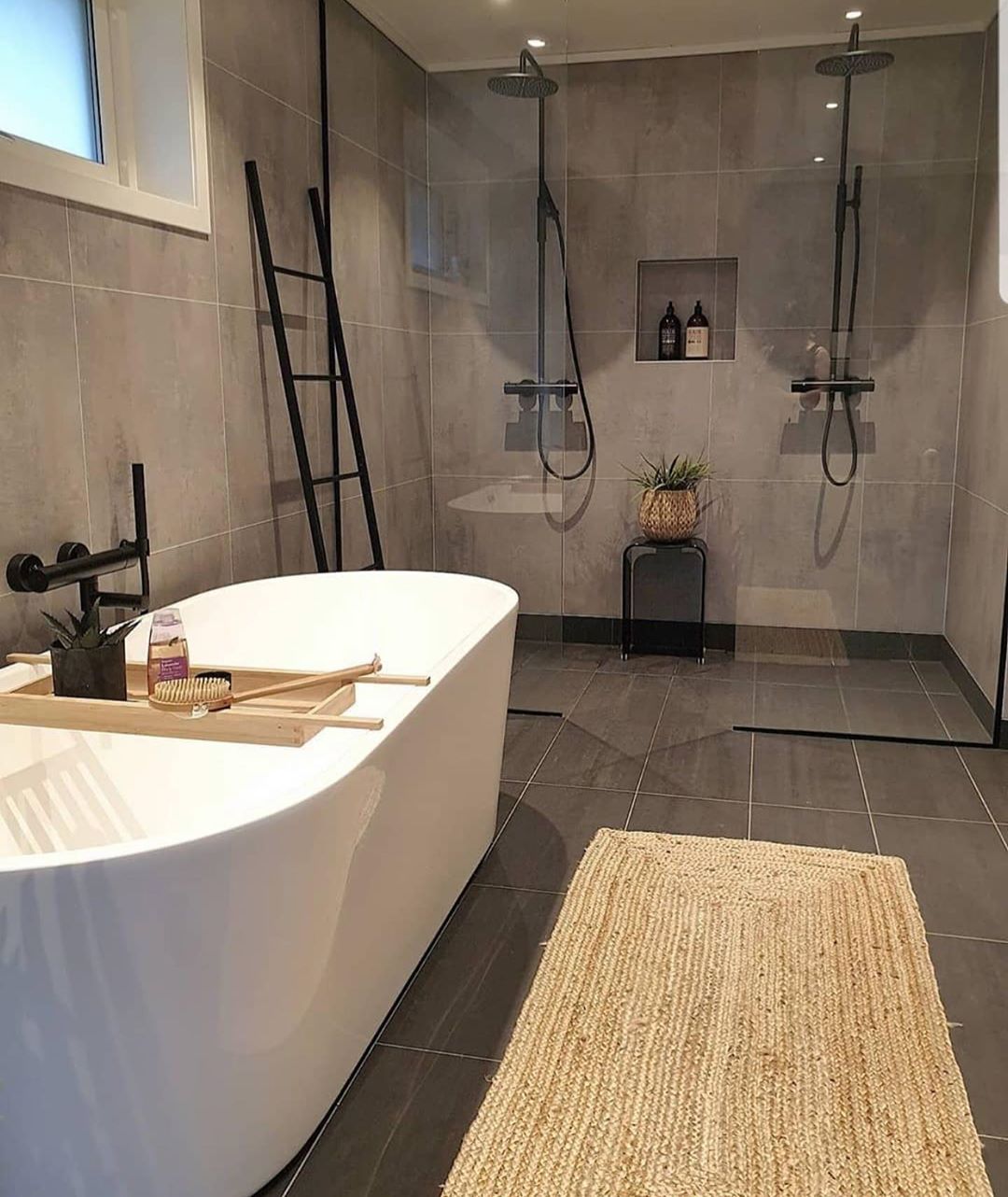
Most household and commercial buildings in the U.S. get their electricity from power companies that provide thermoelectric power (from natural gas, coal, nuclear fuels and so on) or hydroelectric power. Both have a very large water footprint. In fact, according to the GRACE Communications Foundation (known simply as GRACE), a non-profit organization that is dedicated to creating more sustainable food systems, on average, a U.S. citizen’s water footprint attributed to power production is 39 gallons or 148 liters per day!
The UK-based Energy Saving Trust estimates that every household in the UK uses in total about 88 gallons or 330 liters of water every single day. Also, 20% of the average heating bill (for gas) can be attributed to showering, bathing, and using hot water from our faucets. They estimate that the average cost of water use contributes to energy bills is around £135 or $174 a year.
Advice from GRACE
GRACE has developed a Water Footprint Calculator which calculates our individual water footprint and shows us how everyday activities from washing dishes, buying groceries and watering our gardens impact our water usage. It doesn’t only show us how much water we use out of our faucets, but also how much water is used to produce the food we eat, to manufacture the goods and materials we buy, and generate the electricity we use. Saving water at your fingertips !
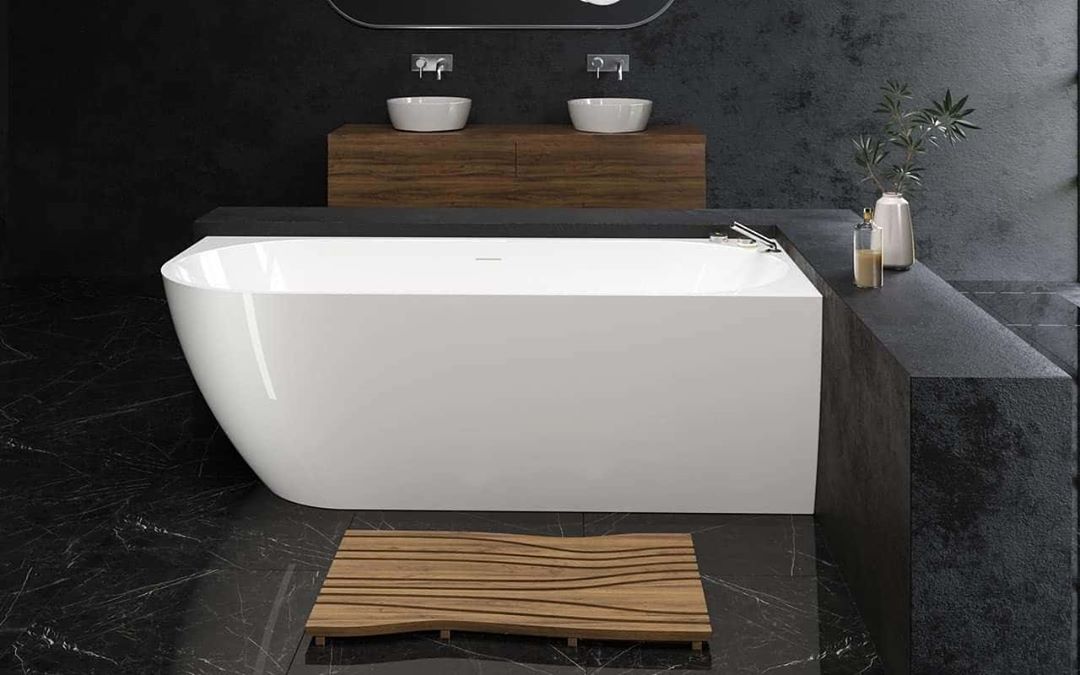
Some basic advice offered by the Water Footprint Calculator is to:
- Maximize energy-efficiency in your home to reduce the amount of electricity, and therefore the volume of water, it takes to run the household.
- Invest in renewable energy systems which are not only cleaner but use less water too. Solar panels are the most viable for most people, but wind turbines are another option.
- If you’re buying a new appliance or are planning to upgrade an old one, choose an ENERGY STAR model which uses a lot less energy and water, depending of course what kind of appliance it is. ENERGY STAR machines that wash clothes or dishes are designed to use less water.
- Only use hot water when you really need it. Water heating is the highest energy-user in the home after heating and cooling. Install appliances that are water- and energy-efficient so you can conserve hot water in the bathroom, laundry, and kitchen.
- If possible, install solar water heaters. They can reduce the energy used to heat water in your home. An electrical engineer will be able to give you good advice.
- Install water-saving showerheads and low-flow aerators in your shower.
- When installing or upgrading showerheads, faucets, sprinkler systems, or any device that delivers water, save water – and energy – with WaterSense low-flow products.
- Have power strips installed to accommodate all your electrical appliances and equipment. Turn the power strips off when they aren’t in use to stop vampire or ghost loads from leaking electricity and increasing your water footprint.
Additionally, it is also possible to save water without any type of financial investment.
Top 10 Tips to Reduce Your Personal Water Footprint
Nobody will dispute the fact that water is incredibly important in our lives. We simply cannot live without water, so we must conserve it to preserve life of all kinds and ensure that there will be water for future generations.
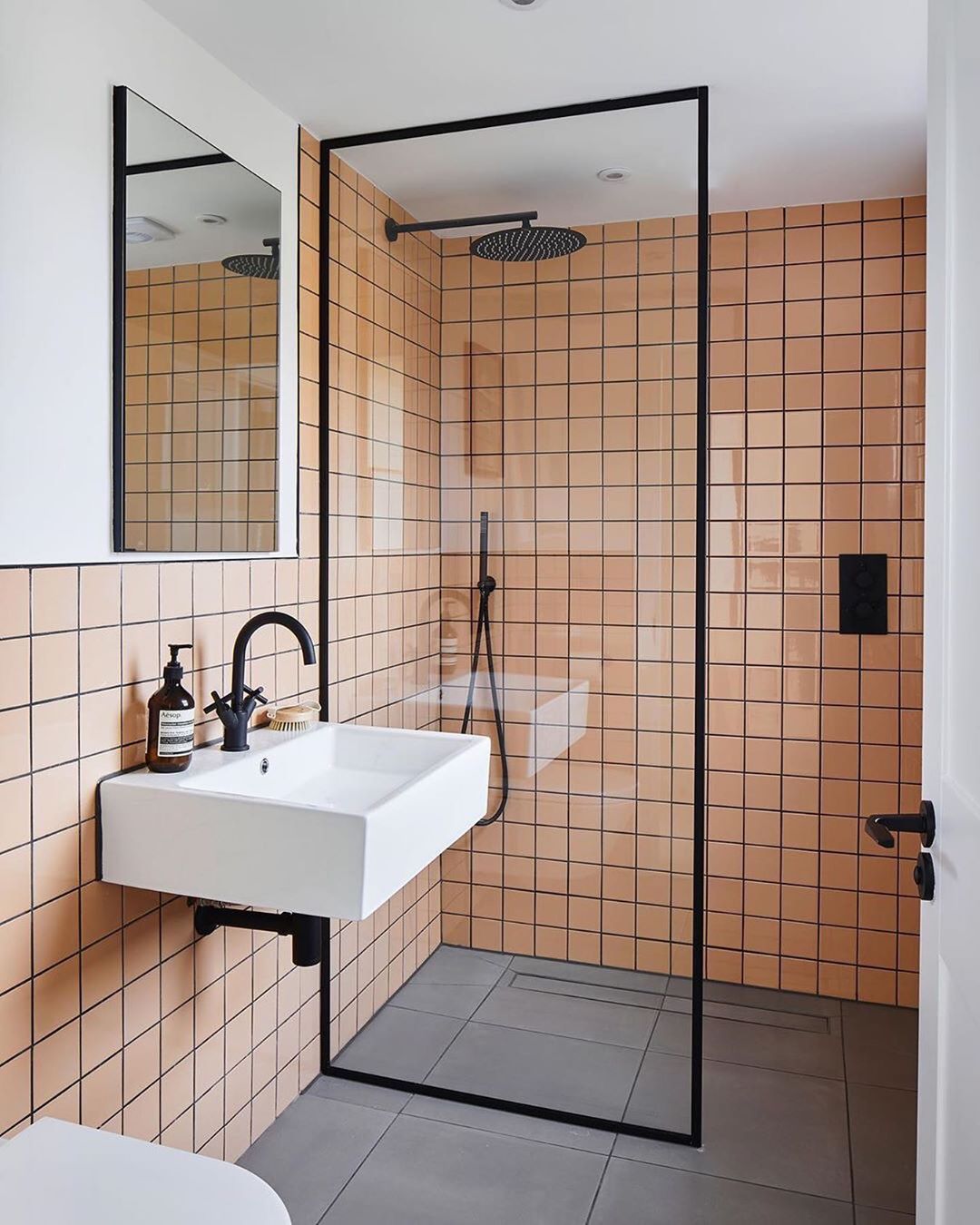
In spite of the fact that about 70% of the earth’s surface is covered by water, only about 1% of this water is available for human use. So what can you do to use less water at home and be also eco-friendly? Even the smallest things will help:
- Turn the water off when you wash shave or brush your teeth. Turn it on when you rinse.
- Instead of bathing, take a five-minute shower and use about a third of the water you would use if you were to bathe. This saving will amount to around 105 gallons or 400 liters of water per week!
- Avoid flushing your toilet unnecessarily. Every time you flush you use about three gallons or 12 liters of water.
- Fill a plastic bottle with water and put it in your toilet tank. This will help to reduce the amount of water required to flush.
- Fill your kettle with just enough water for your immediate needs. This will have a direct impact on your electricity bill.
- Fix dripping taps and leaking water pipes.
- Water your garden with a watering can rather than using a hosepipe.
- Better still, grow indigenous (native) plants and use rainwater and/or the gray water from your bath, washing machine, and dishwasher to water your garden.
- Use a bucket to wash your car saving water and not a hosepipe.
A company offering plumbing engineering services in Chicago, New York, Orlando, or whichever city you live in or near to will be able to advise on what steps to take to save water and electricity in your home.
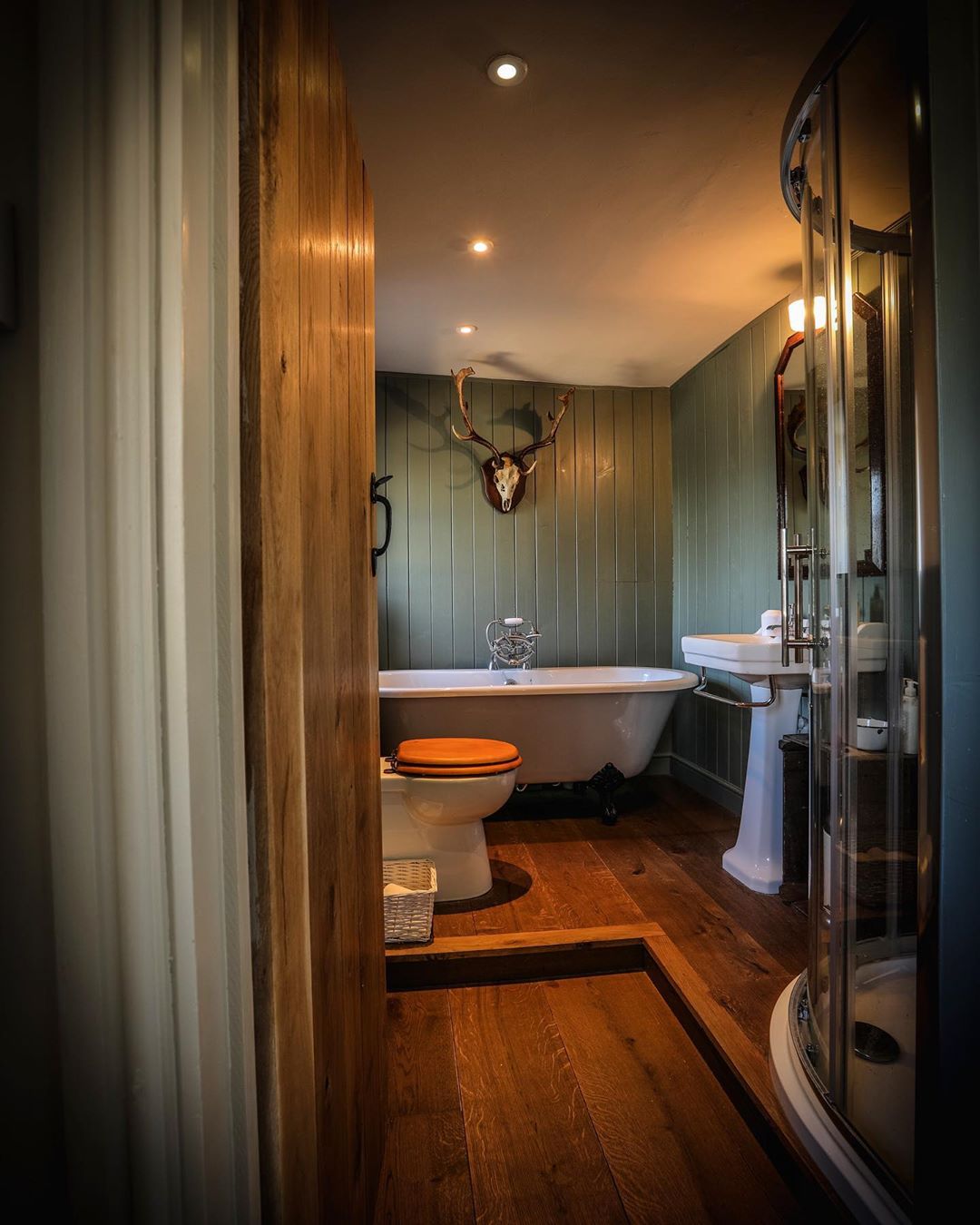
Michael Tobias is the founder and principal of Nearby Engineers and New York Engineers, an Inc 5000 Fastest Growing Company in America. He leads a team of more than 30 mechanical, electrical, plumbing, and fire protection engineers from the company headquarters in New York City, and has led numerous projects in New York, New Jersey, Chicago, Pennsylvania, Connecticut, Florida, Maryland, and California, as well as Singapore and Malaysia. He specializes in sustainable building technology and is a member of the U.S. Green Building Council.


